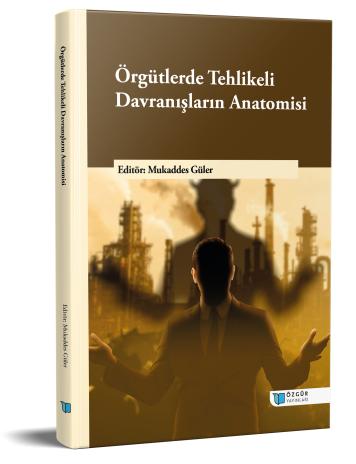
Toxic Leadership
Chapter from the book:
Güler,
M.
(ed.)
2025.
Anatomy of Dangerous Behaviour in Organisations.
Synopsis
Execution, direction, or by another name -leadership- is one of the most effective stages of the management process. The main factor in the success of organizations is the success of the employees. The success of the employees is possible with correct and effective management and guidance. However, there is a leadership style that reverses this correct and effective management process and leads first the employees and then the organization to failure, which is "toxic leadership". Although it has been more than a decade for the concept to be introduced into the literature, it has been revealed by increasing studies in recent years that leadership has not only a positive aspect, but also a dark/destructive/unwanted/toxic aspect, and it is also supported by field research on different sectors and employees. A general definition can be made with the concept of "toxic leadership" as "systematically" engaging in destructive and negative behaviors to employees, leading them and the organization to failure. With the concept of toxic leadership, which is one of the most important reasons why employees exhibit anti-productivity behaviors, it is aimed to emphasize that leadership, unfortunately, has a negative side, and has the potential to have important and serious consequences that cannot be ignored in the context of both employees and the organization. In this study, the concept of toxic leadership is discussed in detail by including the historical development, definition, dimensions, characteristics, effects, results and struggle strategies of the concept.

